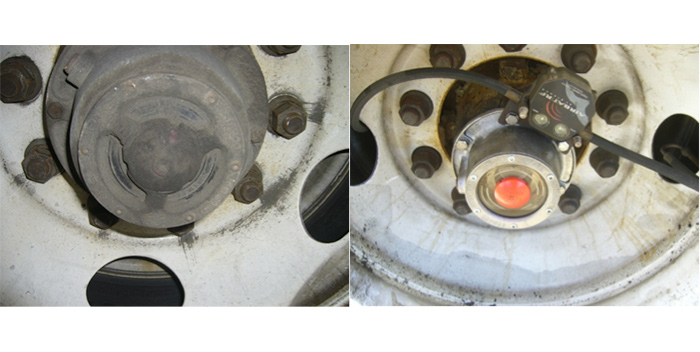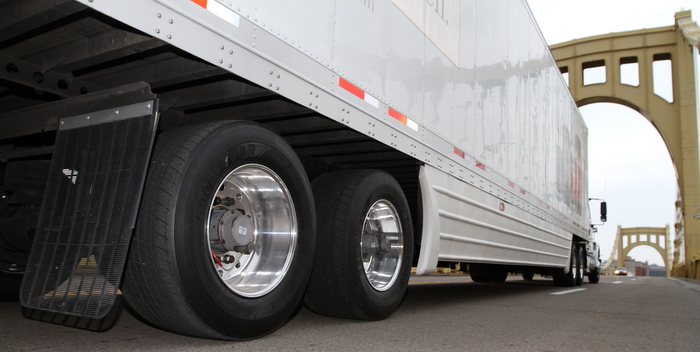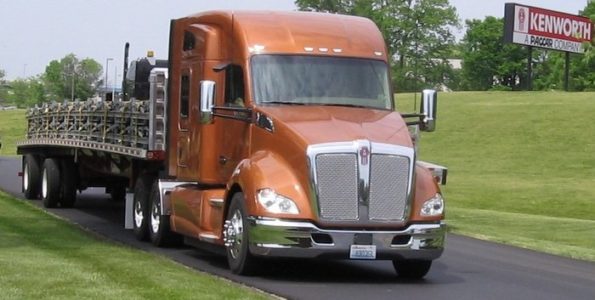In every industry publication these days, there is information related to EPA 2010 heavy-duty engine readiness and/or debates on advanced (or massive) EGR versus EGR with SCR, news on fleets struggling to stay in business, the latest figures on freight tonnage drops, fuel price increases and much more. All indicate that these are tough times in which to make the right fleet business decisions.
Industry publications, like Fleet Equipment, are eager to focus on the issues that are most relevant to readers in these challenging times. In response, we have added a new six-times-per-year column, “Refrigerated Trucking,” written by David A. Kolman, who is a seasoned journalist and former owner/operator with expertise in this field. These columns will be dedicated to issues surrounding the regulations, laws and equipment needs related to the transport of temperature-sensitive cargo.
Kolman’s first column (page 22) focuses on the next compliance phase of the California Air Resources Board (CARB)’s Airborne Toxic Control Measure (ATCM) for in-use diesel-fueled transport refrigeration units (TRU) and TRU gen set and facilities, which is scheduled to begin this month.
As we go forward, rather than taking sides in the EGR-versus-SCR debate, Fleet Equipment will provide articles examining the issues you need to consider when making your engine purchase decisions—and how to maintain those engines and vehicles once in service. As an example, in this issue we are covering lubricants (page 34) and filtration (page 40) for 2010 heavy-duty diesel engines. More information on EPA 2010 diesel engine readiness will follow in the coming months.
Another important focus right now is technician training. As vehicle technology continues to become more sophisticated—and as we move toward OBDII for commercial vehicles—the need for more comprehensive technician training will increase. It will be more important than ever to seek out and provide good training opportunities for technicians.
According to Kim Berg, program manager at Daimler Trucks North America, “Today’s modern vehicles are complex computerized machines in need of highly trained professionals who can solve challenging technical problems. This requires in-depth training including electronics, computers and software programs.”
To that end, over the next several months Fleet Equipment will provide in-depth training information. We start in this issue with two features: one focuses on virtual training (page 47); the other on leveraging technician skills (page 45). In addition, we will focus on heavy-duty OBDII, telematics and maintenance software—with articles geared toward helping fleet managers and technicians leverage these systems.
Our focus remains: to provide the information you need to keep your trucks on the road and earning revenue.









